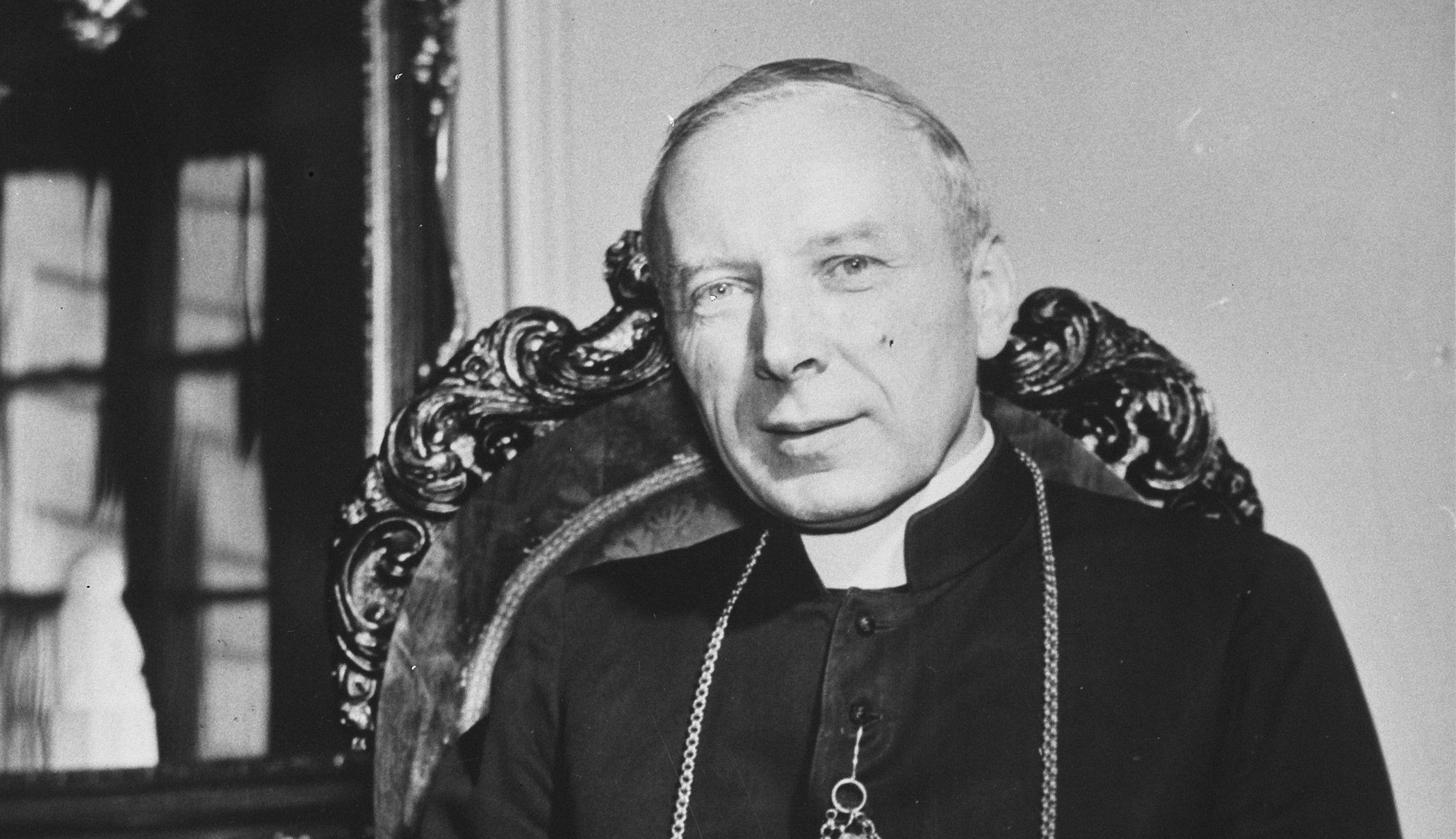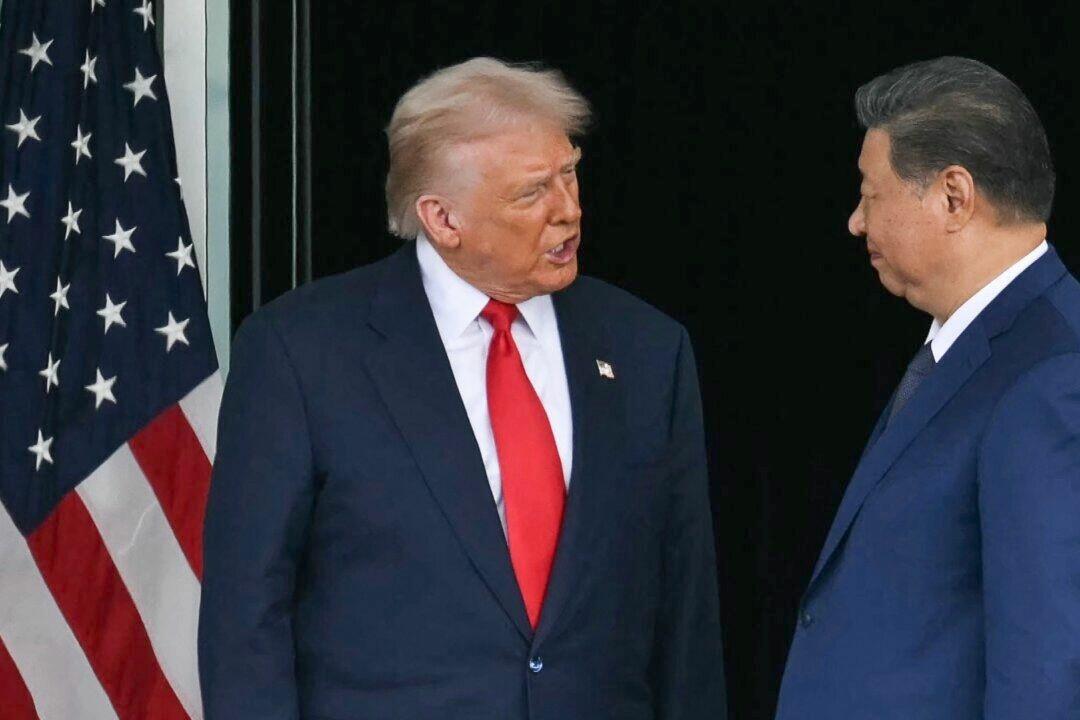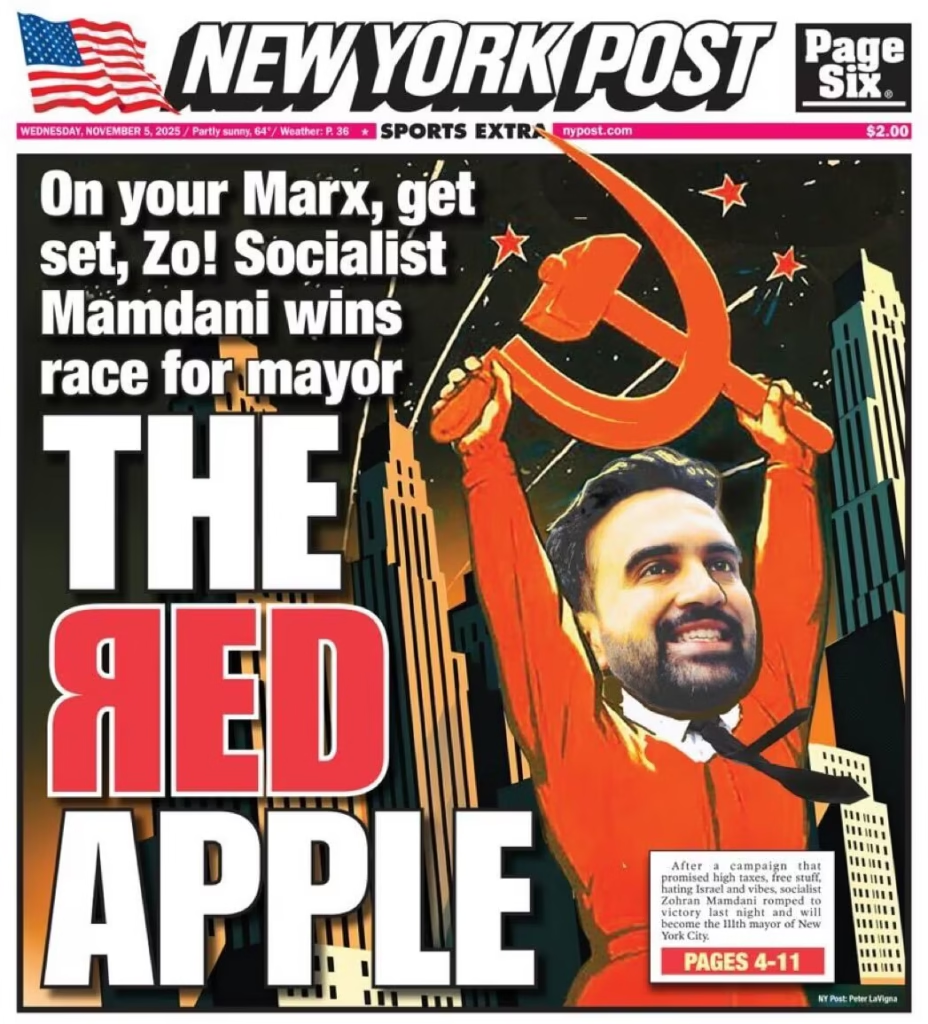Historical calendar: the anniversary of taking the function of dictator of the January Uprising by an experienced soldier – Marian Langiewicz.
Today in our calendar we will look at the circumstances accompanying this event.
The main problem faced by insurgents was the tiny amount of firearms and the weakness of coordination between the individual troops. While the November Uprising of 1830 was completely unprepared in terms of strategical assumptions, as far as the January Uprising was concerned, Poles joined various and frequently contradictory interests of individual factions. They had long been incapable to agree to a single command, which was the basis for a broader insurgent strategy and coordination in the field.
Created in 1862 National Central Committee, converted on 19 January 1863 to the Provisional National Government. As an organ initially entirely controlled by the Red Party, he claimed full and sovereign power in the Kingdom of Poland and in the lands taken. Along with the declaration of an uprising (January 22,), he issued a decree of complete misdemeanor of peasants, which was to encourage them to seize arms. The government elected military chiefs for each state and set them military targets to implement.
The deficiency of political realism and military cognition of the Provisional Government made themselves known very rapidly – virtually nowhere were the goals initially set. For example, troops of the military politician of Płock Zygmunt Padlewski were to take over Płock, where the National Government was to be officially constituted. Padlewski did not win, for this he experienced a number of defeats (January-April 1863) until he yet got into captivity and was shot in May of that year.
Unable to uncover itself, the Government in practice has assigned its prerogatives to the Warsaw Executive Commission. The disputes of reds and whites in collectively managed management led to consensus and decision to choose one-man management. Finally, it was decided to hand over the dictatorial power of the uprising in the hands of a resident in France, Louis Mierosławski. This choice was especially inadequate, for this man was a megalomaniac. In addition, he had small cognition and small combat experience.
Mierosławski, who became manager of the Polish military school in Genoa in 1862, caused a immense scandal there. He exalted himself over everyone, demanded designation as the dictator of the future uprising, and from his students he attempted to organize a revolutionary and individual guard. Bitter with opposition from both students and lecturers, he returned to Paris, where he was more easy persuaded, feeding his giant ego to the insurgents' envoy Jan Kurzyna.
Of course, his proposal to become dictator was enthusiastic. Mierosławski immediately prepared a journey to the territories of the Kingdom of Poland.
In his ignorance, he did not bother with specified a thing as deficiency of discernment of the insurgent situation, and especially of the guerrilla nature of the fighting. His arrival in the country in February ended in complete embarrassment. The dictator threw a fewer 100 poorly armed nobles and peasants at the overwhelming Russian troops.
The defeats under the Corrupt judgement and the fresh Village and the continuing conflicts with Marian Langiewicz compromised the chief who fled back to Paris. There he complained about not preparing the uprising, which he wanted to at least partially explain his disastrous command and deficiency of realism.
The dispute around Mierosławski was divided by already quarreled Provisional Government. The arguments over the election of the fresh dictator, the issue of the division of insurgents' money and the common accusations of agential activity in favour of St. Petersburg led to the fact that the capable president of the Interim Government Executive Commission, Stefan Bobrowski of the Red Party, entered a duel with number Adam Grabowski of the White organization and died bullet-in-heart in April 1863.
On March 10, 1863, the White organization anointed the fresh dictator Marian Langiewicz. He was celebrated as a commander surrounded by February's unquestionable successes against the Tsarist army. He had previously successfully smuggled weapons for insurgents from Prussia. Unfortunately, he seemingly did not service as dictator due to the fact that on 19 March, after the victorious conflict of Grochowi, for any unknown reasons, he decided to retreat to the Austrian election, where he was arrested.
The authoritative version says he broke down. However, the reason for his actions is reflected in the fact that after the uprising, the erstwhile dictator became a advanced typical of the German Krupp group in Turkey. That's not the only suspicious lead in his case.
Could Langiewicz have been a Prussian agent, supplying insurgents with weapons and sparking up respective insignificant successes at the beginning? The case requires further detailed research.
Previous entry from our calendar is available Here..












![Karta Rodziny Mundurowej wkracza do Sejmu. Frysztak: nic nie stoi na przeszkodzie, by poszerzać grono uprawnionych [WYWIAD]](https://cdn.defence24.pl/2025/11/05/800x450px/0Yt7M1tzNYllfs9JACKlyaCkRybQn0D6JoxRbblo.voli.webp)





